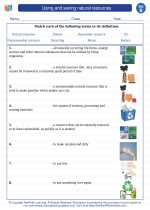Life Processes
Life processes refer to the essential activities that all living organisms must carry out in order to maintain life. These processes include nutrition, respiration, excretion, transportation, and reproduction.
Nutrition
Nutrition is the process by which organisms obtain and utilize food for energy and growth. There are two main types of nutrition:
- Autotrophic nutrition: This is the process by which organisms, such as plants, produce their own food using sunlight, water, and carbon dioxide through photosynthesis.
- Heterotrophic nutrition: This is the process by which organisms, such as animals, obtain food by consuming other organisms.
Respiration
Respiration is the process by which organisms release energy from food to fuel their life processes. This can be aerobic respiration, which requires oxygen, or anaerobic respiration, which occurs in the absence of oxygen.
Excretion
Excretion is the process of eliminating waste products, such as carbon dioxide, water, and metabolic waste, from the body. This helps to maintain the balance of chemicals and water within the organism.
Transportation
Transportation refers to the internal movement of materials within an organism. In animals, this is often carried out by the circulatory system, which transports oxygen, nutrients, and waste products throughout the body. In plants, transportation occurs through the vascular system, which transports water, minerals, and nutrients.
Reproduction
Reproduction is the process by which organisms produce offspring. This can occur through sexual reproduction, involving the fusion of gametes from two parents, or asexual reproduction, where offspring are produced from a single parent.
Study Guide
- What are the main life processes that all living organisms must carry out?
- Explain the difference between autotrophic and heterotrophic nutrition.
- Describe the process of respiration and its significance for living organisms.
- Why is excretion important for maintaining the internal balance of an organism?
- How do materials get transported within animals and plants?
- Discuss the different modes of reproduction in organisms.
[Life Processes] Related Worksheets and Study Guides:
.◂Science Worksheets and Study Guides Second Grade. Using and saving natural resources

 Worksheet/Answer key
Worksheet/Answer key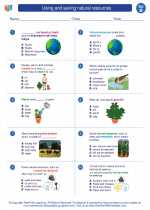
 Worksheet/Answer key
Worksheet/Answer key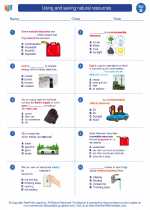
 Worksheet/Answer key
Worksheet/Answer key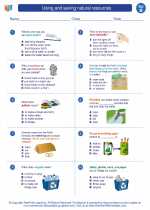
 Vocabulary/Answer key
Vocabulary/Answer key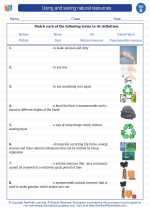
 Vocabulary/Answer key
Vocabulary/Answer key